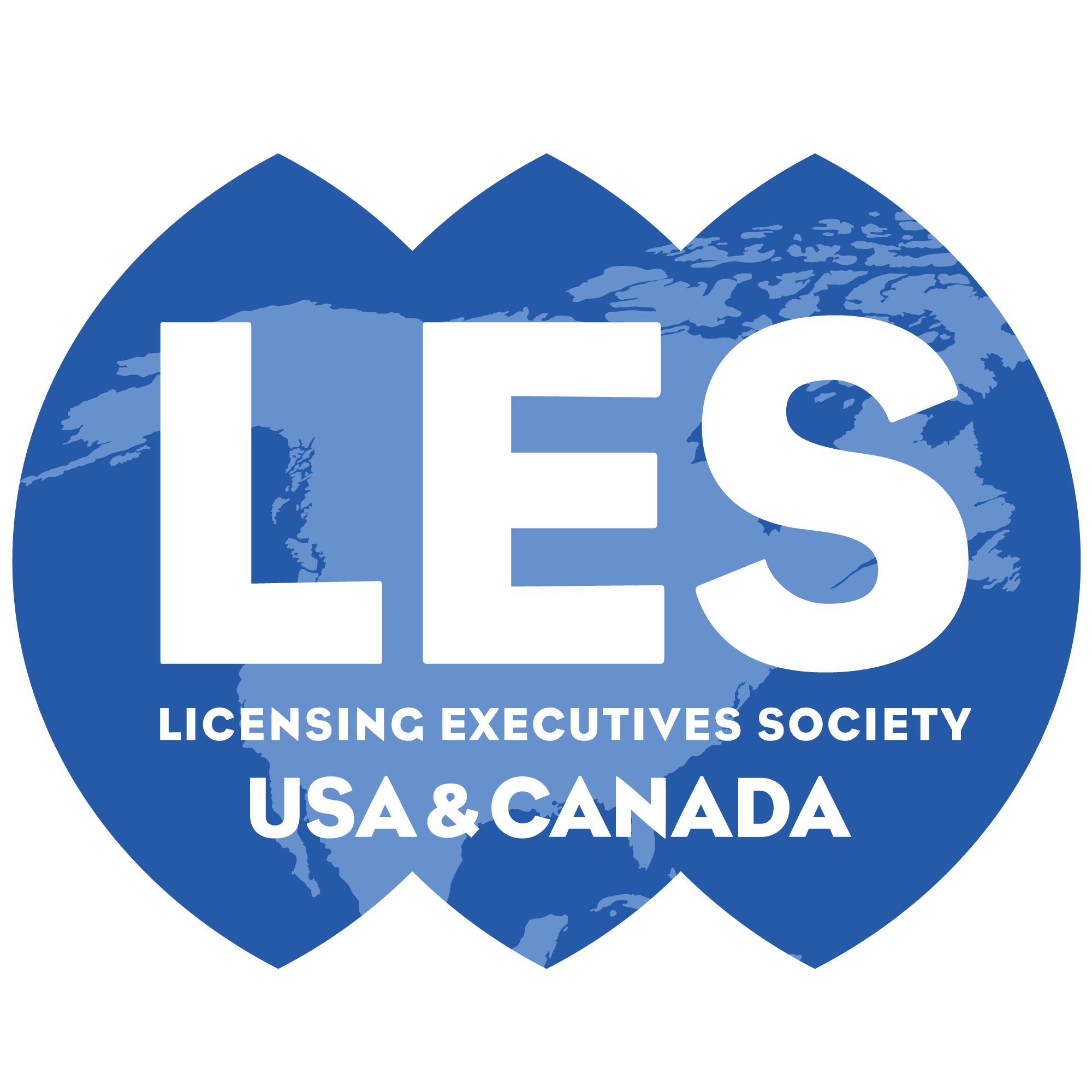Part 2 – The Rise of Generative AI – Legal Issues and Practical Risk Mitigation Strategies
Webinar June 22, 2023
Hosted by the High Technology Sector/AI & Cloud Computing Subsector
In the second part of this educational webinar series titled “The Rise of Generative AI – Legal Challenges and Risk Mitigation Strategies,” attendees listened to a panel of experts including:
- Group Moderator: Anthony Decicco from GTC Law Group. Anthony is a valued member of GTC’s IP Strategy, Mergers & Acquisitions, and Business & Technology Transactions groups.
- Linda Emory, Partner at Michael Best & Friedrich. Linda specializes in data privacy, security, and technology law, offering expertise in assisting clients with the complexities of data privacy, security laws, and compliance.
- Ed Galante, Legal Director at Ultimate Kronos Group (UKG). Ed holds a key position at UKG, a leading provider of comprehensive human resources, payroll, and workforce management solutions.
Introduction:
Generative Artificial Intelligence (GAI) has revolutionized content creation by algorithmically generating various forms of media, including text, images, audio, video, and code. However, the rapid advancement of GAI has outpaced the development of governing laws and regulations, leading to various legal challenges and risks for early adopters. This webinar explores the legal issues surrounding GAI and discusses practical risk mitigation strategies for organizations leveraging this technology.
Understanding GAI and Its Categories:
Anthony Decicco explained that GAI encompasses different categories of software that generate content in response to user prompts. Some notable examples include ChatGPT for text, Dall-E for images, MusicLM for audio, and GitHub Copilot for code. These technologies have expanded the possibilities of content creation, blurring the line between reality and science fiction.
How Machines Learn and Training Data:
To comprehend the legal implications of GAI, it is crucial to understand how machines learn. GAI models are trained using large datasets, which can include publicly available information or proprietary data. The ownership and licensing of training data raise significant legal questions, as the use of copyrighted or confidential data without proper authorization may lead to infringement claims.
Legal Issues in Focus:
Anthony also focused on several legal issues that come into play with the rise of GAI. Copyright is a primary concern, as GAI-generated content may reproduce existing works, raising questions about infringement and fair use. He mentioned that licensing training data becomes crucial to ensure compliance with copyright and intellectual property laws. Determining authorship and inventorship of GAI-generated content presents unique challenges, especially when machines play a significant role in the creative process.
Privacy and Data Protection Laws:
Linda Emory reminded us about the definition of personal information, what constitutes a data breach, and when to notify consumers. Laws vary in all 50 states. “They identify a name plus our first initial plus last name, plus certain kinds of sensitive information, constitute personal data. If you have a data breach and that combination. Now you’ve got an obligation to notify,” she said.
Current Litigation Facing GAI Companies:
Ed Galante spoke about several high-profile lawsuits that have emerged within the GAI landscape. One notable case involves GitHub Copilot, which faced legal action over copyright infringement claims related to the use of code snippets. Another significant lawsuit involved Stability AI and Getty Images, where allegations of copyright infringement and trademark dilution were raised due to the use of copyrighted images without proper authorization.
Practical Approaches and Risk Mitigation Strategies
The panel suggests that organizations adopt practical strategies to mitigate the legal risks associated with GAI. These include:
- Developing comprehensive policies: Establish clear policies regarding the use of GAI and its limitations. Ensure these policies align with intellectual property laws, privacy regulations, and industry standards.
- Obtaining proper licensing and permissions: Acquire appropriate licenses for training data and seek permission when using copyrighted or proprietary content. Conduct due diligence to ensure compliance and reduce the risk of infringement claims.
- Implementing data protection measures: Safeguard the data used for training GAI models to prevent data breaches and unauthorized access. Comply with data protection regulations and consider using anonymized or synthetic datasets where possible.
- Monitoring and auditing GAI outputs: Regularly review and audit the content generated by GAI models to identify potential copyright infringements or biased outputs. Implement measures to address any issues promptly.
- Educating and training employees: Train employees on the legal aspects of GAI and ensure they understand the risks and responsibilities associated with its usage. Foster a culture of compliance within the organization.
Conclusion:
The rise of Generative AI presents exciting opportunities for content creation but also raises complex legal challenges. By understanding the legal issues surrounding GAI and implementing effective risk mitigation strategies, organizations can harness the benefits of this technology while minimizing legal liabilities. Stakeholders must stay informed, adapt to evolving laws, and seek legal counsel to navigate the legal landscape surrounding GAI.
LES members can access the full recording here:
Part 2: https://members.lesusacanada.org/store/viewproduct.aspx?id=22314882
Authors:

Anthony Decicco
GTC Law Group

Linda Emory
Partner
Michael Best & Friedrich

Ed Galante
Legal Director
Ultimate Kronos Group (UKG)

Get Social